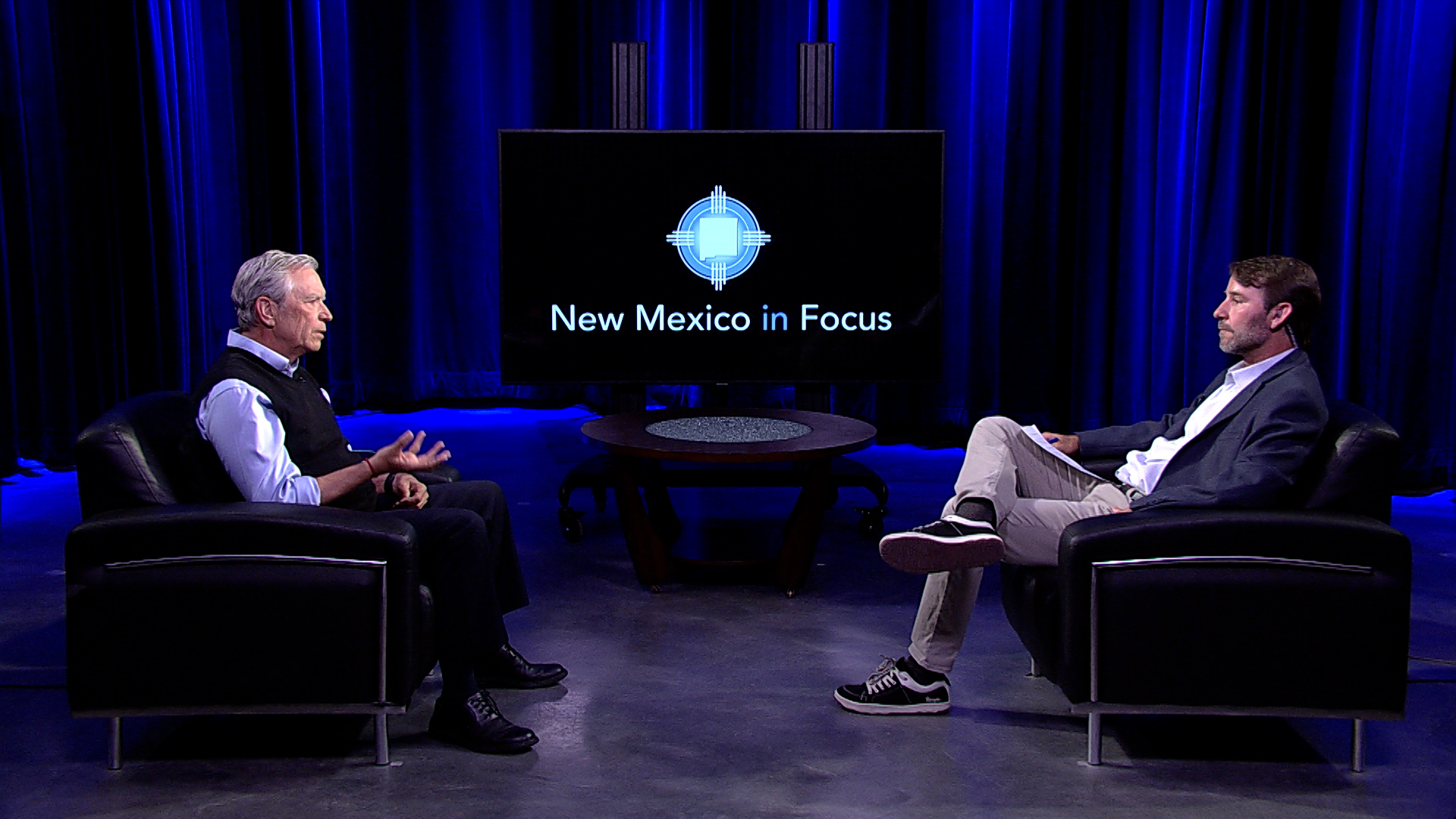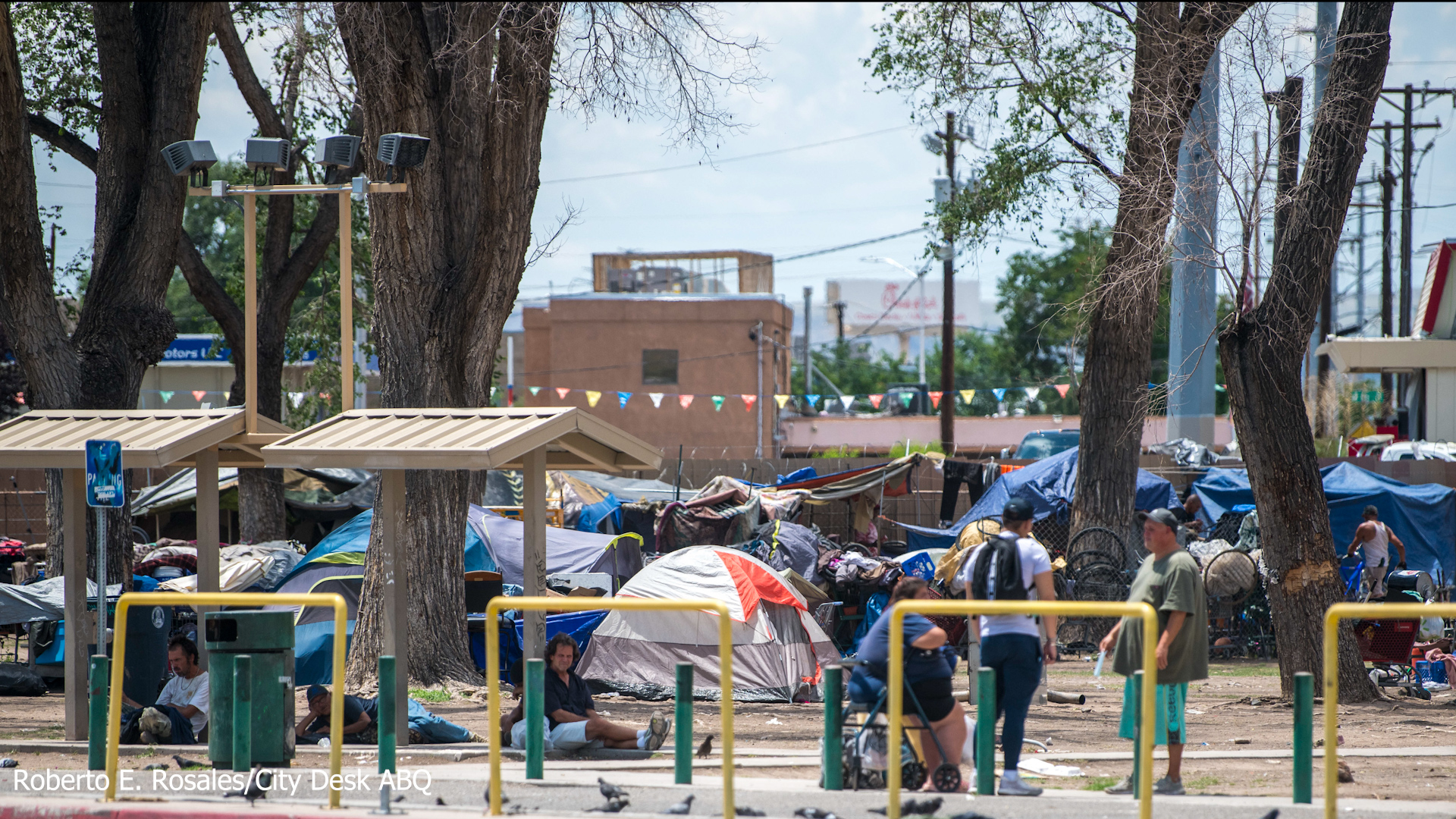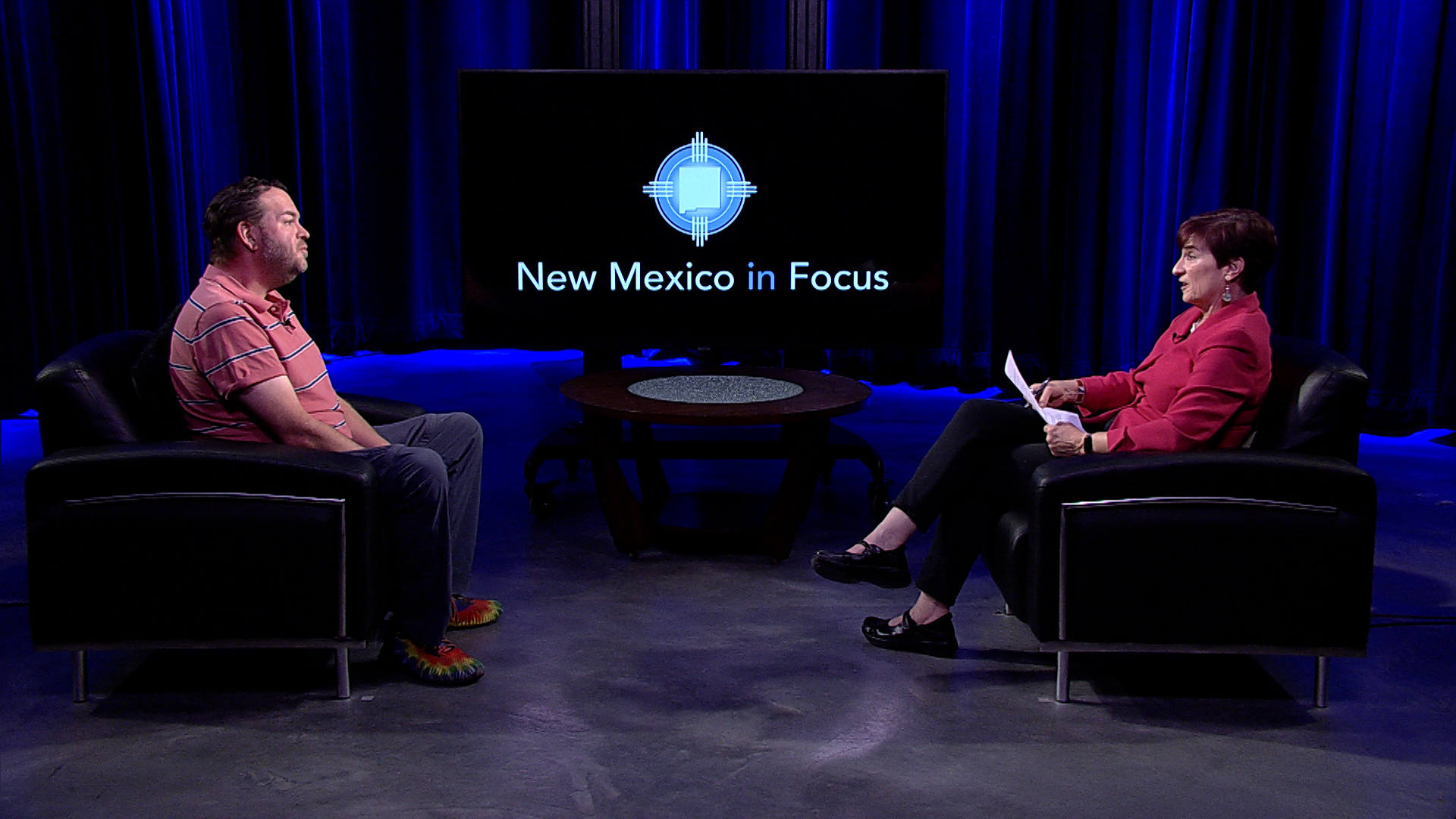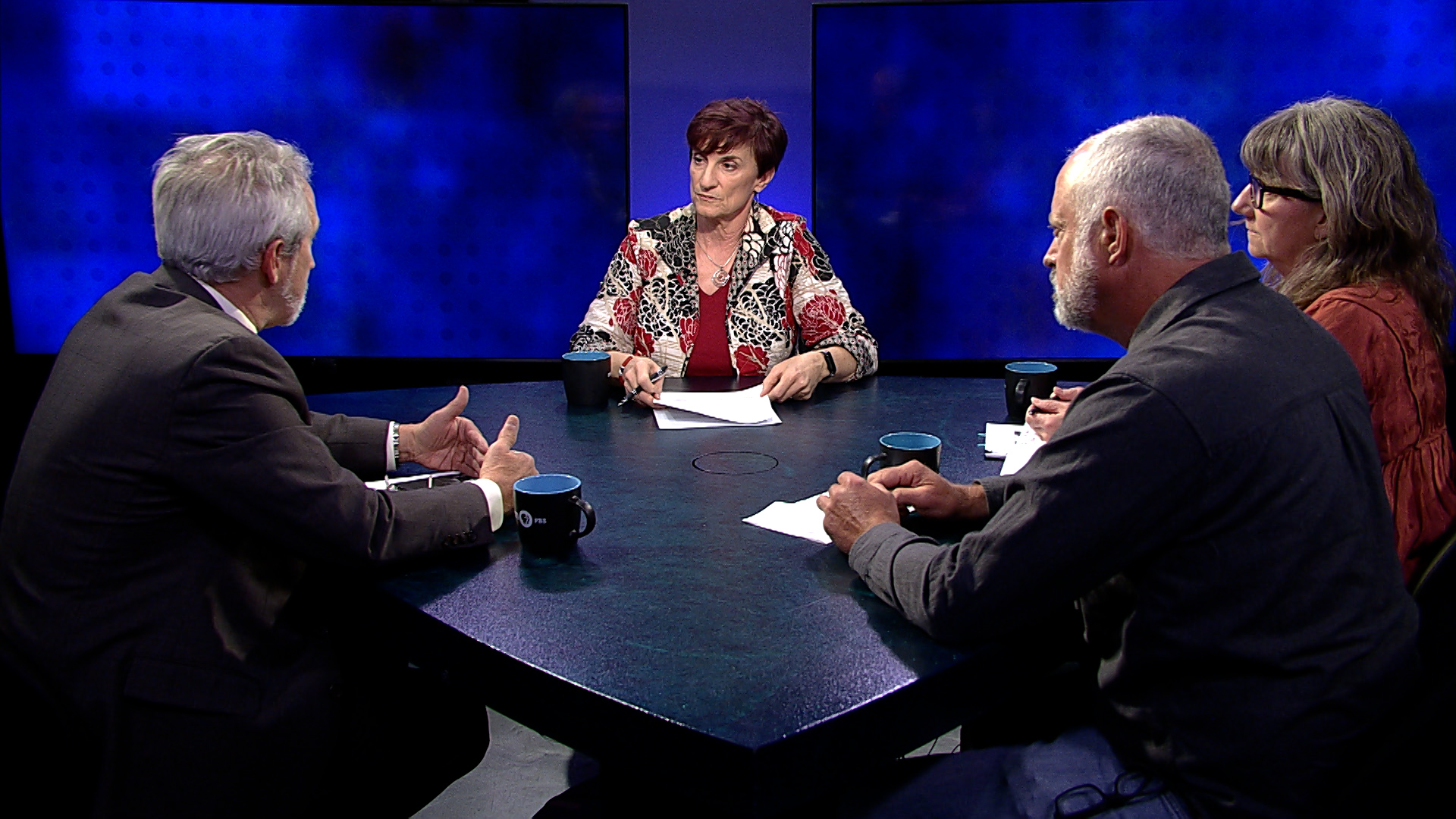Everyone Must Be Engaged
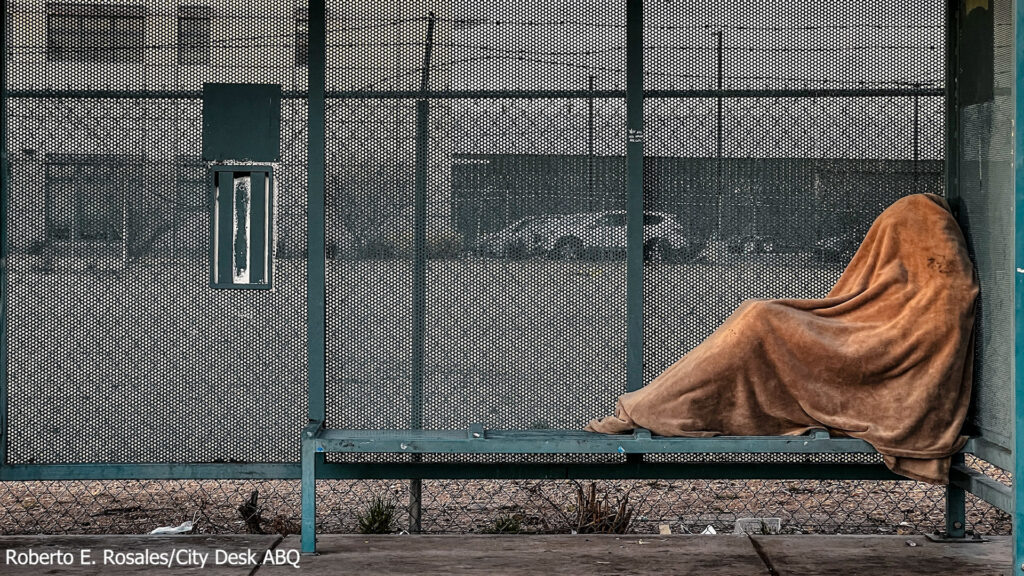
Homelessness is one of those issues that now seems insurmountable to many people. We have watched the housing crisis grow like a virus around the country, exacerbated by the pandemic, the erosion of safety nets and epic levels of addiction. And now the U.S. Supreme Court is weighing a case that could create a sea change in how cities can police homelessness.
As Jenny Metzler with Albuquerque Health Care for the Homeless says on this week’s show, the issue of homelessness is really a nexus for failures of many other things in our society. I agree. I think that includes a disconnect between the cost of rents and mortgages and the amount of money people earn; the dissolution of community and those meaningful connections that function as important social capital to support all of us; and the lack of a comprehensive support system for the most vulnerable in our society. And let us be crystal clear: There will always be people who need help. The question is what is our response? What do we value as a city, a state, a society?
These are heady questions and there’s no way one hour of television will address all of them. But public media can make a place for dialog that needs to happen. Spoiler alert: There is no easy answer. To riff on one of my favorite movies, The Princess Bride, anyone who says differently is selling something.
But there are many potential short- and long-term solutions. If you spend a few minutes with the document former state lawmaker Daymon Ely drafted for the city of Albuquerque, that will become clear. He talks about many of the ideas in his proposal on this week’s episode, and we give the space necessary to let Jenny and John Bulten, founder of East Central Ministries, respond to them because they have both been doing this work for a very long time.
John offers some provocative thoughts. (More money might not be the answer?) He also urges us to reframe our thinking. Rather than approach unhoused folks like they have deficits, he suggests we recognize their assets. They have hopes, dreams, skills and drive, and he involves them in finding solutions.
A shorthand for this idea is the phrase, “Nothing about us without us,” and so I also talk with James Freeman. He’s a director at Hopeworks. He was also unhoused and describes what that was like and what people in that situation need.
One thing that comes through clearly in all of this is that there is no one place or person with all the answers. Tackling housing and homelessness requires everyone to be engaged.
– Megan Kamerick, News Director, KUNM
-
The Supreme Court Case Challenging the Rights of the Unhoused
5.3.24 – Homeless advocate and attorney Peter Cubra walks us through the constitutional rights of unhoused people and breaks down how a…
-
The Obstacles of Living Unhoused in ABQ
5.3.24 – In the second half of our roundtable discussion on addressing the needs of unhoused people in Albuquerque, KUNM News…
-
Living in Shelters and the Streets of ABQ
5.3.24 – James Freeman, a person who once lived on the streets of Albuquerque and is now a director at HopeWorks,…
-
Examining Daymon Ely’s Plan to Address Homelessness
5.3.24 – KUNM News Director Megan Kamerick sits down for a two-part discussion on Daymon Ely’s proposed plan to address homelessness…


